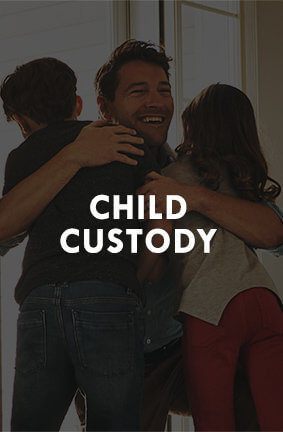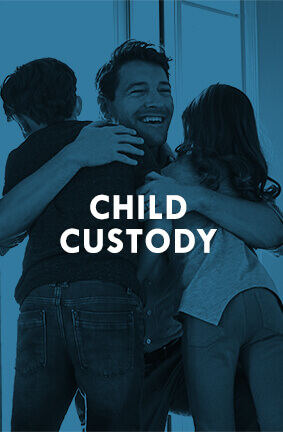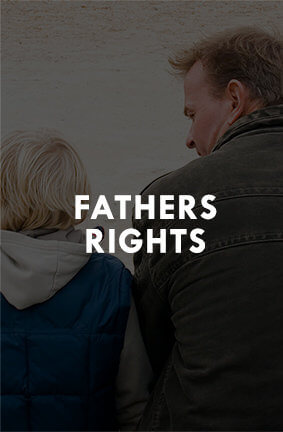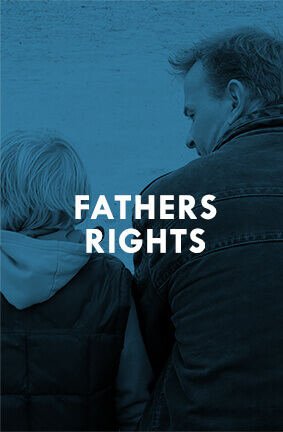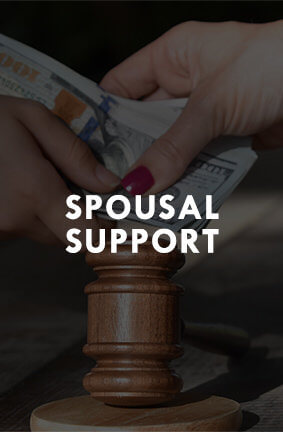What is the difference between custody and placement?
- In Wisconsin, the term custody refers to the legal decision-making power with respect to the minor child. It does not refer to where the child lives. Rather, the term placement is used to refer to where the child lives or physically spends time.
- Two parents may have 50/50 placement with respect to their child, meaning the child spends equal amounts of time living with each parent. At the same time, one parent may have full custody, or full decision-making power, with respect to major decisions regarding the child.
- One parent may have primary placement, or even full placement, with respect to the child, yet both parents may maintain 50/50 custody. In other words, the child lives primarily or solely with one parent, but both parents maintain the legal right to be involved in the major decisions made on behalf of the child, such as decisions related to school enrollment, religious upbringing, health care, etc.
Both custody and placement can be modified and have separate processes of modification.
Best Practice for Creating a Placement Schedule
At the end of the day, the child’s parents know the child better than any court official. Though divorce doesn’t make communication easier, to the extent you are able to communicate to create a parenting plan that works for both parents and the child, your child will benefit, and the stress associated with the custody and placement hearing will be significantly reduced.
Guidelines for Physical Placement Time
Physical placement time refers to the time that the child physically spends in the care of one parent or the other. A specific period of physical placement time can extend for six hours, two days, a week, etc.
Often, a schedule of physical placement time is established for a two-week period that continues to repeat over time. However, alterations to the standard routine are often included for special occurrences like holidays, birthdays, vacations, school breaks, etc.
The more detail you are able to include in your placement schedule about how these special occurrences will be planned and handled as they arise, the fewer obstacles you will have to overcome when that time comes.
Standard for Establishing Physical Placement
In Wisconsin, placement schedules are established based on the best interest of the child. This does not always mean 50/50. In a divorce with children, there is no legal requirement that both parents receive equal placement time.
Some factors that contribute to the creation of a placement schedule include:
- wishes of the parents
- wishes of the child (with greater consideration as the child ages)
- ability of each parent to care for the child
- the living arrangements of each parent
- the ability of each parent to transport the child
- relationship a given parent may have with a new significant other
Impact of Routine Daily Decisions on Physical Placement Time
Activities such as social activities, extracurriculars, diet, bedtime, discipline, etc. are considered routine daily decisions. Generally, each parent is permitted to make routine daily decisions with respect to the child during that parent’s physical placement time—to the extent that such decisions do not conflict with major custodial decisions.
When a daily activity will take place during both parents’ physical placement time, the parents must discuss the issue and come to an agreement on arrangements together. An example of this may be an extracurricular activity that takes place every day after school when the parents have shared physical placement during the school week.

